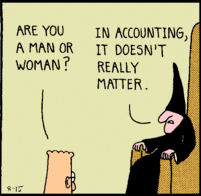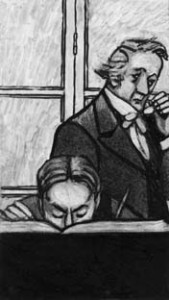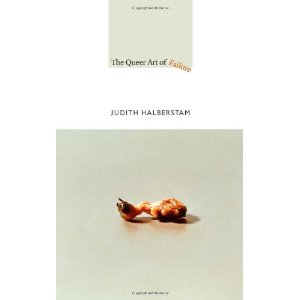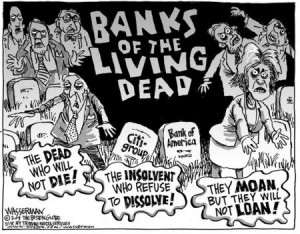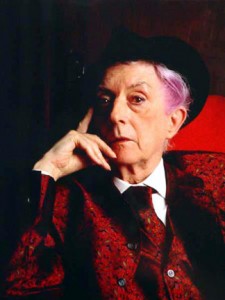OBITUARY – HEINI HALBERSTAM, 9/11/1926 – 1/25/2014
Heini Halberstam, beloved husband of Doreen Halberstam, father of Naomi, Judith, Lucy, Michael, Jean and John, grandfather of eight, died peacefully in his sleep on January 25, 2014 after a short illness in Champaign, IL. He was 87.
Halberstam, a mathematician known for his work with prime numbers, was born in 1926 and was the only child of Rabbi Michael and Judita Halberstamova. He spent his early years in Most, a small town on the Northwestern edge of Bohemia, in a region then known as the Sudetenland. Michael Halberstam moved to the area from Vienna in the 1920’s to become the town’s Rabbi. When Heini Halberstam was 10 years old, his father died suddenly from a heart attack and he and his mother moved soon after to Prague.
As anti-Semitism crept across the region, Judita made plans for her son to leave for safety and, in April 1939, she put him on one of the Kindertransport trains leaving Prague for London. Halberstam arrived a week later in England at age 12 and he never saw his mother again. In 1942, Judita Halberstamova, along with most of Prague’s Jewish community, was deported by the Nazi’s during the round up of Jews from Prague as retaliation for the assassination of Heydrich in 1942. Judita Halberstamova died in a Nazi work camp of typhus within the year.
Halberstam was able to thrive in England and went on to university with the assistance of his beloved patron/foster parent, Anne Welsford. Halberstam was billeted with Welsford for the duration of the war and benefitted from her ambitions for him. She encouraged him to go to university and he read mathematics at the University of London, obtaining his PhD in mathematics in 1952 under the mentorship of Theodor Estermann. A long and successful career followed with appointments at Trinity College Dublin from 1962-64; the University of Nottingham from 1964-1980; and finally, he took a position as head of the department, at the University of Illinois, Urbana-Champaign in 1980, and became an emeritus professor there in 1996.
Halberstam’s first marriage was to Heather Peacock, a teacher and opera singer. When Heather died tragically in a car accident in 1971, Halberstam was left with four children. He married shortly after to Doreen Bramley and the couple enjoyed a long and happy marriage of 42 years.
Halberstam was an analytic number theorist whose work took up one of the most mysterious areas of mathematics – the distribution of primes. As one of his peers, E. Bombieri, said of prime numbers: “To me, that the distribution of prime numbers can be so accurately represented in a harmonic analysis is absolutely amazing and incredibly beautiful. It tells of an arcane music and a secret harmony composed by the prime numbers.” Many mathematicians use the language of mysticism to speak of primes – they are both seemingly unpredictable and oddly regular; they represent a pattern and natural order of some kind, but that pattern and its order feels unreadable and just beyond the reach of the human mind; primes are unique and eccentric but also part of a flow of numbers that has been variously described as “mysterious,” (G. H. Hardy), “cosmic” (M. Jutila), “glamorous,” (R. Bellman), “beautiful,” “lawless and devilish” (George Spencer-Brown). This “arcane music” and “secret harmony” occupied Halberstam throughout his career and he published a book with Hans-Egon Richert on Sieve Methods that remains a major book in the field.
Heini Halberstam was a complicated mix of great intellect, high expectations and ambition, impatience, generosity, love and passion. As a teacher, he did not seek to win popularity competitions but instead demanded a high level of performance and commitment from his students. As a consequence he was admired and respected by many students and colleagues over the course of his long career and he leaves an impressive intellectual legacy behind.
After his retirement, Halberstam, for the first time, returned to Prague with his wife Doreen to follow the trail of his mother’s deportation. He was moved and surprised when he found her name inscribed upon the wall of the Holocaust memorial at the Pinkas Synagogue dedicated to the Jewish victims of the Holocaust from Bohemia and Moravia. He went on to research the history of the Kindertransport, his means of escape from Prague, and he spoke occasionally at high schools and in his own synagogue about his experiences of those times.
Heini Halberstam left behind a short memoir for his children and grandchildren to read when he died and he prefaces it with a provocative quotation from Nabokov’s “The Eye”: “A mysterious thing, this branching structure of life: one senses in every past instant a parting of ways, a ‘thus’ and an ‘otherwise’, with innumerable dazzling zigzags bifurcating… against the dark background of the past.” Clearly, Heini relished this mysterious structure of life in much the same way that he embraced the mysteries of prime numbers; he was aware of the ways in which chance, coincidence and random events shaped the contours of a lived life with as much force as will and intention.
At the end of his memoir, Heini offers: “I hope I have not dwelt unduly on my career; I wanted to convey that, with no talent whatever and only modest ability at my disposal, I did just about as well as my mother could have wished; and I hope that such success as I’ve had has been some service to you all. I’ve had a life split into incompatible segments, and no doubt this has left its mark on me.” Those incompatible segments – a tranquil childhood interrupted by global war; an adulthood marked by loss, love and success; and a decline at the end characterized by vulnerability, love and sadness – make up a unique life, a life divisible only by itself and one. Heini Halberstam, secular to the end, leaves us his survivors with this one piece of wisdom: that life, itself is full of surprise and horror, mystery and patterns, regularity and randomness and our task is not to solve these mysteries but to live in reverence along side them. Heini Halberstam, rest in peace.


